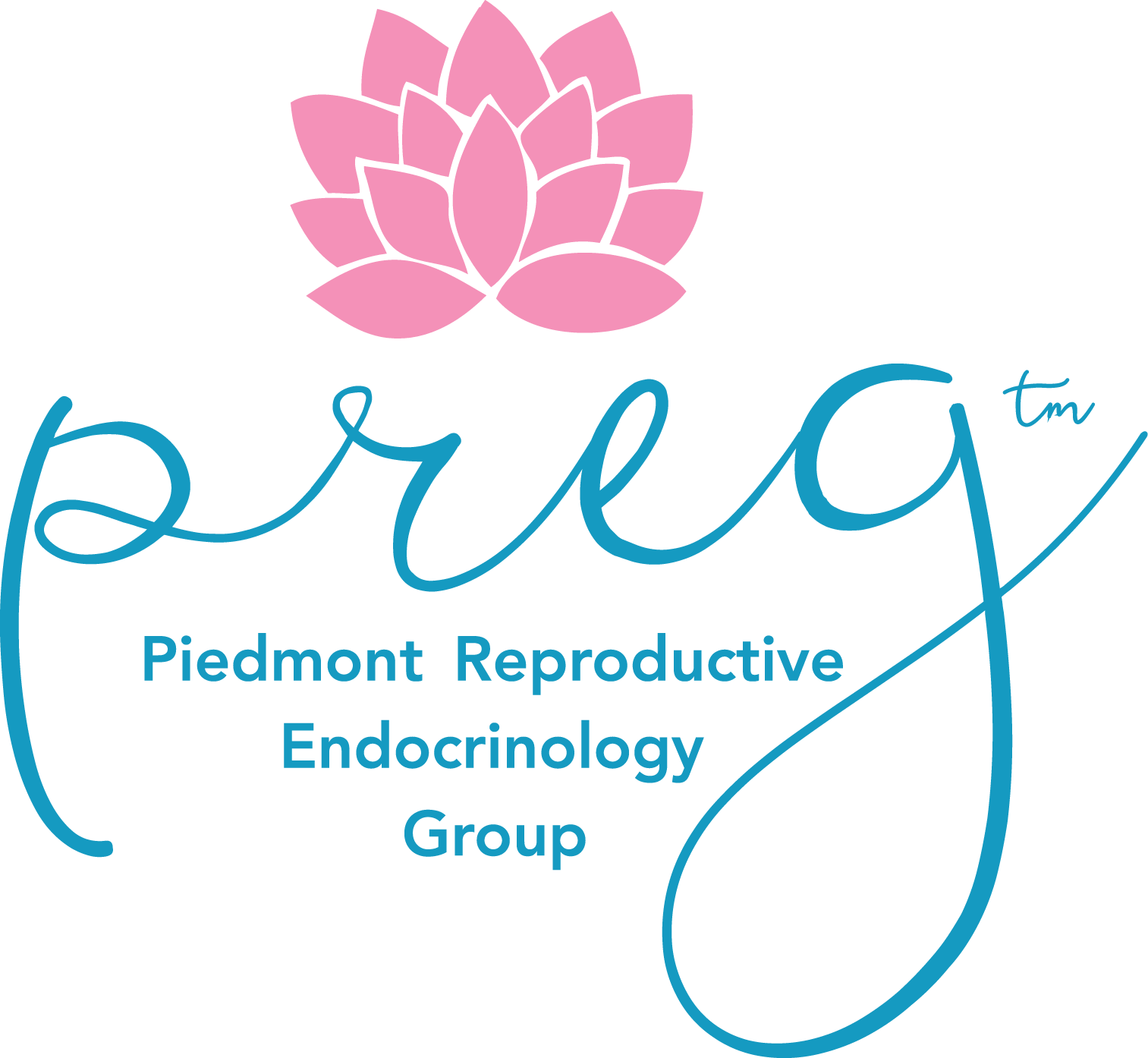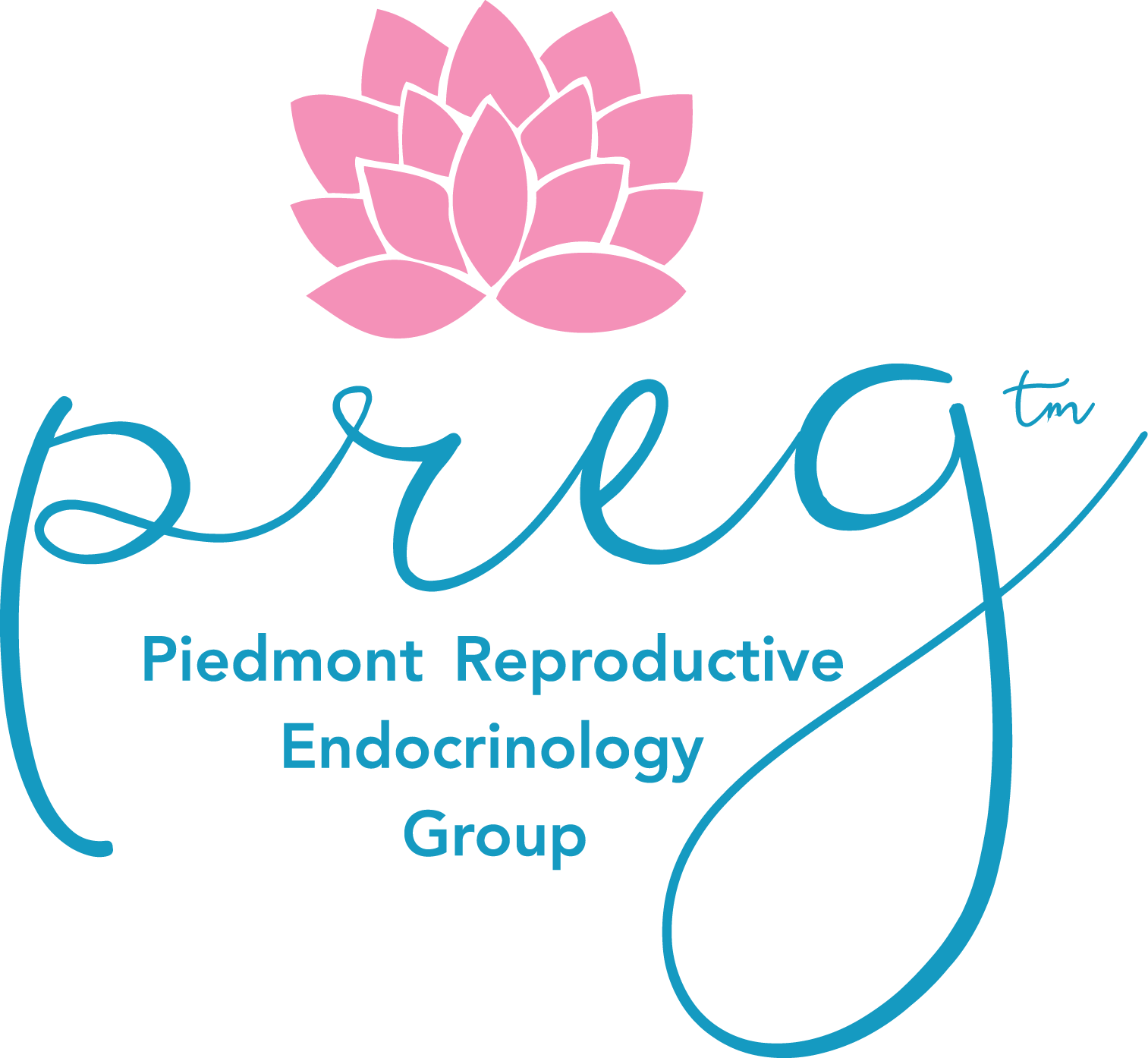In the ten years I’ve spent working in women’s health, I’ve learned to gracefully tiptoe around certain topics. I’ve practiced the dance of speaking truthfully, but gently. Yet no matter how many times I’ve done it, I still nervously anticipate the wince of pain and frustration that immediately appears on a woman’s face when I bring up the subject of age. Women don’t want to talk about aging. They don’t want to think about the physical changes that come with growing old. They don’t want to hear me apologetically say, “So, because you are getting older…”. And here’s the real kicker: I have to say those words to a lovely, healthy 36 year old! Even more frustrating, it’s quite often a woman who has delayed motherhood until she finished her education or found the perfect partner or the perfect career; she waited until the “perfect time.” Unfortunately, our biology has yet to catch up the idea of delayed parenting that our culture has created. In the world of fertility, 35 is definitely NOT the new 25. Thank goodness I can commiserate as an old lady of 35 as I sit across the desk and have these conversations!
Although the message is spreading that fertility declines as a woman ages, we as a society, tend not to talk openly about it. No one wants to encourage teen girls sitting in a high school sex education class to “get pregnant soon, because it might be really difficult to do so when you are actually ready to have a baby.” Nearly 80% of 20-year old women are able to conceive within six months of trying. That number drops to around 10% for a 40-year old woman. There are however, steps that can be taken to prevent accelerated loss and protect potential fertility. A healthy lifestyle is a great first step. Smoking cessation, maintaining a healthy diet and weight, adequate exercise and rest, use of a multivitamin or prenatal vitamin, moderate alcohol and caffeine intake are all pieces of a complex puzzle that when put together, can support a healthy life and maximize existing fertility. Screening such as blood work and ultrasounds are available to yield more information about a woman’s fertility. Tests can be completed to determine the health and patency of the uterus and Fallopian tubes. More extensive procedures can result in egg or embryo freezing to be used at a later, more suitable time. Likewise, egg and embryo adoption are also a viable option for those women whose bodies simply didn’t get the “we’re going to wait a while for motherhood-memo.”
So, all hope is not lost! A woman can, and should be proactive about her fertility. She should ask questions, learn about options, become educated about her own fertility. Much can be done to protect fertility, but it is up to women to take that first step. And please, don’t get angry with me when I tell you that you’re getting old. I’m right there with you… and I hate to cause that wincey face!!!


